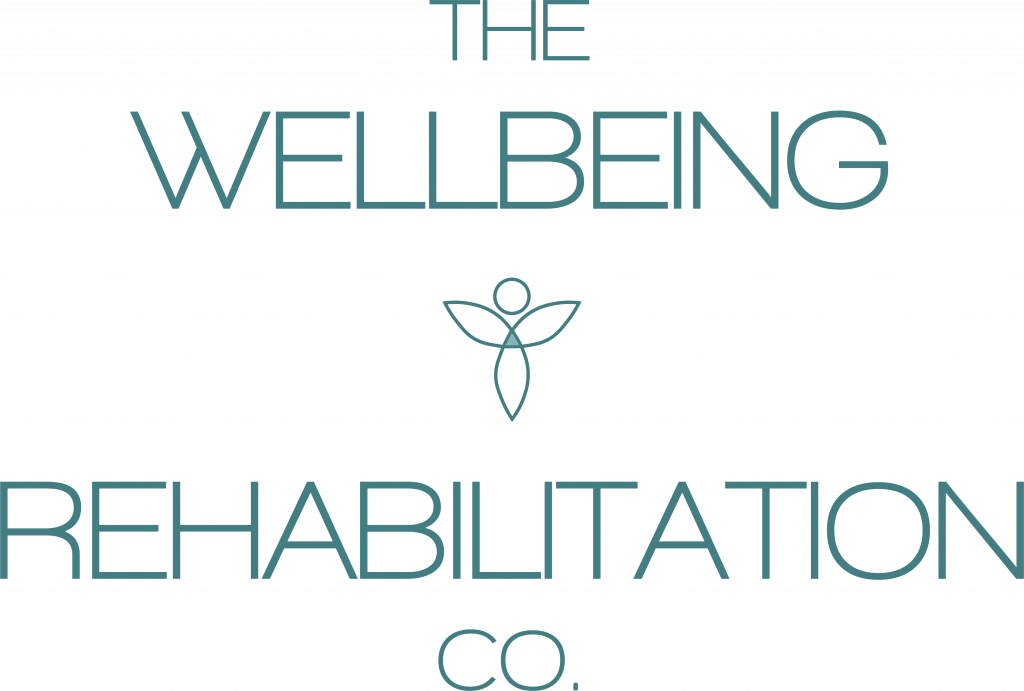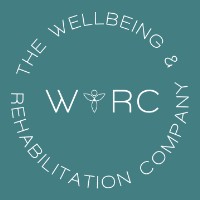
Stepping It Up
Increase Your Steps to Improve Your Health

Many of you will start each new year with resolutions of increasing or improving your fitness – maybe to start running, going to the gym, or starting a new fitness class. However, before these bigger measures are taken, have you thought about what your general movement level is; how much physical activity you are achieving throughout the day?
With the increase in sedentary jobs and the decrease in the number of jobs both at home and at work which require physical activity, sitting for long spells of time has become the norm. This sedentary lifestyle can have a considerable impact on your health and wellbeing. The lack of movement has been associated with conditions such as heart disease, type 2 diabetes, high blood pressure, high cholesterol, and obesity.
However, on a positive note, with a bit of thought and planning within your day, this can easily be rectified by firstly addressing the length of time you spend sitting down each day.
Reduce Time Spent Sitting to Improve Your Health
However, within these ‘big four’ health-related behaviours, there are many other more intricate behaviours that are worth focusing on. These can include how much time we spend planning our meals, how much priority we give to self-care and what foods we place on our regular shopping list. This is important to think about before trying to make a behaviour change plan because the more specific and relevant the target behaviour is, the more likely change is to be successful.
So for example, rather than thinking of a broad goal, such as, ‘this year I’m planning to lose some weight’, it might be more effective to hone in on a smaller, but more relevant, action, for example, changing the way you shop for food, agreeing to cook differently with your partner twice a week, or asking a supportive friend to meet up with you weekly after you’ve made a smoking cessation attempt.
It is worth really thinking about what would make the biggest difference given your life context, and what your best next step is towards change. Health-related behaviour change can also include actions that might seem more indirectly related to health outcomes, like working on improving sleep quality, stress management or the quality of our relationships with others. Again, individualisation is key here and, in order to know where to start, it is helpful to map out what factors are influencing your health the most at this moment in time.
How to Succeed with Behaviour Change

As a starter, the NHS and the WHO recommends at least 150
minutes per week of physical activity that gets your heart rate up. This could
include any cardio exercise, the most accessible being walking.
For example, a brisk 30-minute walk, 5 times a week. Brisk
meaning that while walking you can still manage to talk but it would be
difficult to sing. Walking is a great form of exercise. With comfy walking
shoes or trainers, it can be carried out anywhere, costs nothing and can easily
be fitted into busy lives. Walking has so many benefits, including improved
energy levels, reduced stress, reduced blood pressure, weight management and
improved sleep.
Have a think about when you can walk instead of taking the
car; maybe walk to the shops, walk the children to school, walk to work or part
of the way to work. Can you take the stairs instead of the lift? Could you have
a walk in your lunch break? How about setting up a regular walk with a friend?
Could you fit in a walk in the evening?
Adding 30-minute walks in to your routine may seem like
just another thing to try and fit in, but why not look at it as 30 minutes of
time away from everything, to reenergise and reset. Start with once or twice a week and build from there. Try to make
it a habit that you do regularly, and you will start to do it without thinking.
Stepping it up
However, just doing this 30-minutes of walking and then sitting for the rest of the day at your desk or on the sofa is not necessarily enough. We need to get more active generally. Moving our muscles throughout the day is also really important. Breaking up those long periods of sitting with little bits of movement can really benefit our wellbeing and lead to improvements in all aspects of our health.
A great way to monitor this is with step counters, either in the form of a pedometer, smart watch or just using the step counter on a phone. In general, it is recommended that we are walking between 7,000 and 14,000 steps a day. Around 3,000-4,000 can be achieved from your 30 minute daily walk or cardio activity, and then the rest should be spread out throughout the day.
For some, this may seem unachievable and overwhelming, so have a look at how many steps you are currently doing and aim to increase this by about 1,000 every couple of weeks.
How can you increase your steps?
If you do sit for long periods during the day, try to break these up every hour if you can. Some smart watches will tell you on an hourly basis to move around but if you haven’t got one of these, set an alarm to remind you to get up and move around.
If you work from home or feel confident enough in the office, do some star jumps, squats, or lunges, for example, to get those muscles working. Breaking up your working day like this will also improve your concentration and focus so it’s a win win!
At home, we can now watch TV constantly if we want to – we can forward through the ad breaks that previously we would have gotten up and moved around in; made a drink, taken the washing out of the machine etc. Why not reintroduce those ad breaks – get up and move around. It is amazing how those steps will add up with just a little bit of extra thought.
One step at a time
Being told constantly that we should be doing this, and we should be doing that, is hard and can make us feel that we are constantly failing, so be patient with yourself. Be aware of when you have been sitting down for over an hour without getting up and moving around. Take those opportunities to walk rather than get in a car or send an email across the office. Build up those steps gradually and see how it makes you feel.
So what next?
Our Health Psychology service is designed to help you with such changes so if you would like to speak to us about health coaching and how it can help you to set goals and achieve them, please make an appointment with Anna, our Health Psychologist.
If you would like more information regarding the range of services that we have available at the WRC, please get in touch with us now:
Call us on: 0161 676 0341
Email us at: info@wellbeing-rehab.co.u

Specialist providers of clinical and wellbeing services designed to meet your individual health needs.